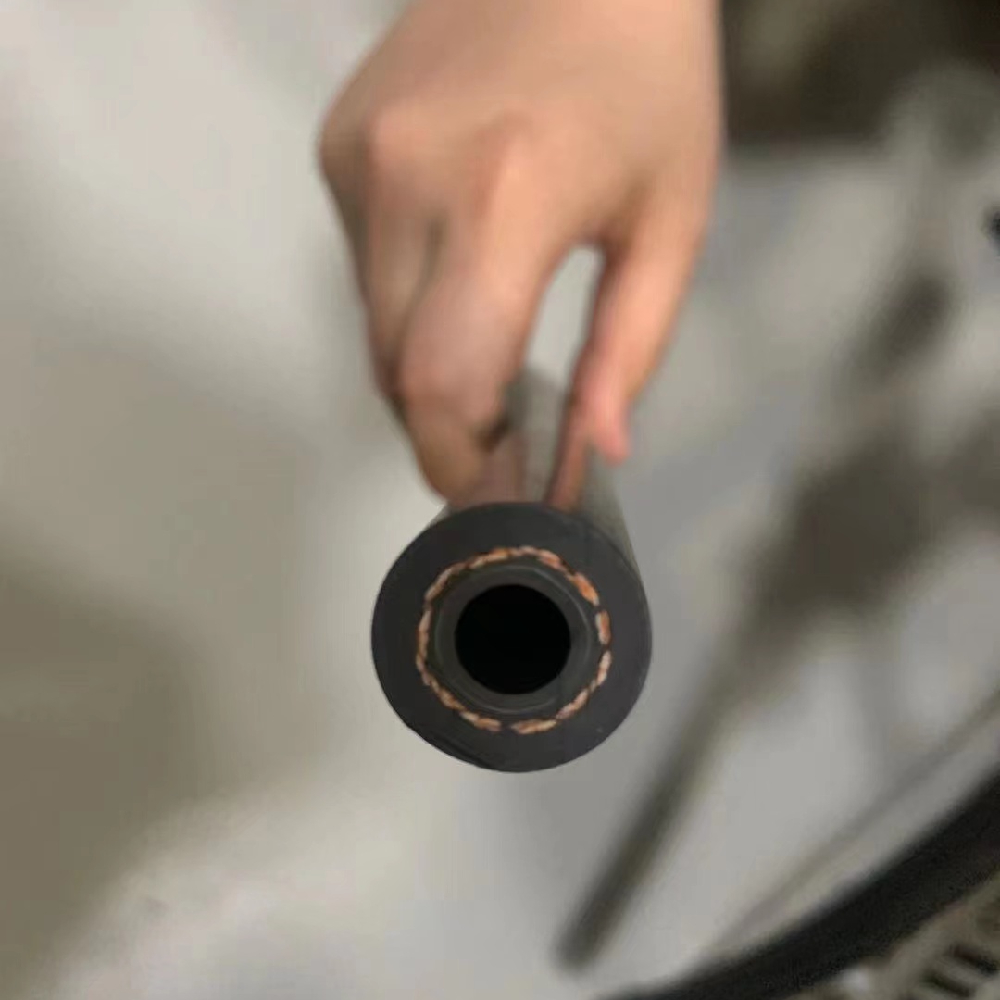oil hose pipe
Oktoba . 13, 2024 21:38 Back to list
oil hose pipe
The Importance of Oil Hose Pipes in Industrial Applications
In various industrial sectors, especially in oil and gas, the role of oil hose pipes cannot be overstated. These specialized hoses are engineered to transport oil, fuel, and other petroleum-based products safely and efficiently. Understanding the importance of oil hose pipes involves delving into their construction, applications, and maintenance.
Oil hose pipes are typically made from rubber or thermoplastic materials, reinforced with steel or textile layers to withstand high pressures and abrasive substances. The key feature of these hoses is their flexibility, which allows for easier maneuverability in tight spaces and around machinery. Moreover, their construction is designed to resist external elements, such as extreme temperatures and harsh chemicals, ensuring that the oil remains uncontaminated during transport.
One of the primary applications of oil hose pipes is in the transfer of crude oil from production sites to refineries. In this context, durability is paramount; hoses must handle the corrosive nature of crude oil and function under varying pressure conditions. Additionally, in service stations and fuel depots, high-quality oil hoses are crucial for dispensing oil products safely into vehicles. Using substandard hoses can lead to leaks, spills, and potential environmental catastrophes.
oil hose pipe

In the maritime sector, oil hose pipes are essential for transferring fuel to ships and between vessels. The functionality of floating hoses, which operate on the water surface while enabling the transfer of oil, showcases innovations in this field. These floating hoses are designed to endure the challenges posed by oceanic conditions, maintaining full integrity during operations.
Proper maintenance of oil hose pipes is crucial for ensuring their longevity and performance. Regular inspections for wear and tear, along with adherence to manufacturer guidelines regarding usage, are essential in preventing failures. Operators must also be aware of the specific application for which a hose is designed; using a hose outside its intended purpose can lead to catastrophic outcomes.
Moreover, as industries push towards more sustainable practices, the development of eco-friendly oil hose pipes is on the rise. Innovations are focusing on materials that minimize environmental impact while maintaining the necessary strength and flexibility. These advancements not only help in reducing carbon footprints but also align with the increasing regulatory pressures on industries to maintain eco-friendly operations.
In conclusion, oil hose pipes play a critical role in facilitating the safe and efficient transport of oil and other petroleum products across various industries. With their robust design and flexible nature, these hoses are indispensable in preventing leaks and ensuring operational safety. As technology continues to evolve, the future holds exciting prospects for the enhancement of oil hose pipes, paving the way for more sustainable industrial practices. Investing in high-quality hoses, coupled with regular maintenance, is essential for industry players looking to optimize their operations while safeguarding the environment.
